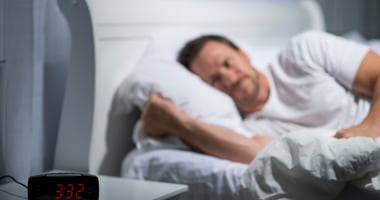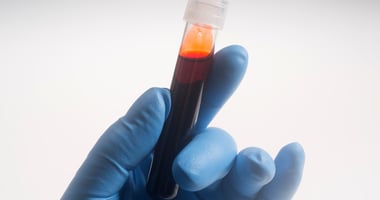Study Examines Racial/Ethnic Disparities in Diagnosis of Psychotic Disorders

It is well known that Black patients are more likely to be diagnosed with a psychotic disorder than White patients—with potential explanations ranging from clinical bias to disparities in access to health care. A study of the health records of nearly 6 million members of Kaiser Permanente over a 10-year period has reaffirmed this disparity between Black and White patients for both affective and nonaffective psychotic disorders, while also identifying differences in psychotic disorder diagnoses for other racial and ethnic groups. The findings were published today in The American Journal of Psychiatry.
“This study of treated incidence cannot address whether disparities in diagnosis reflect true differences in the risk of psychotic disorder, noncausal factors—such as misdiagnosis and differential treatment access and utilization—or a combination of the two,” wrote Winston Chung, M.D., of Kaiser Permanente Northern California and colleagues.
Chung and colleagues examined electronic health records of patients who received care through Kaiser Permanente Northern California (KPNC)—a large, integrated health care delivery system that provides comprehensive medical care to more than 4 million individuals. The researchers focused specifically on those who received care between January 2009 and December 2019 and were enrolled with KPNC for at least one continuous year. The researchers identified psychotic disorder diagnoses from both inpatient and outpatient visits.
During the study period, 5,994,758 members received care; of this group, 13,303 individuals were diagnosed with a nonaffective psychotic disorder (for example, schizophrenia) and 5,888 were diagnosed with an affective psychotic disorder (for example, bipolar disorder with psychosis symptoms).
Compared with White patients, Black patients were 1.73 times as likely to receive a diagnosis of nonaffective psychosis and 1.43 times as likely to receive a diagnosis of affective psychosis after factoring in variables such as age, sex, marital status, and employment status. The risk of nonaffective psychosis was also elevated in individuals who identified as American Indian or Alaskan Native (1.67 times) compared with those who identified as White. Other findings included the following:
- Asian patients were 0.84 times as likely to receive a diagnosis of affective psychosis and 0.78 times as likely to receive a diagnosis of nonaffective psychosis as White patients.
- Hispanic patients were 0.85 times as likely to receive a diagnosis for nonaffective psychosis compared with White patients.
- Native Hawaiian or other Pacific Islander patients were 0.67 times as likely to receive a diagnosis of affective psychosis compared with White patients.
- A diagnosis of any psychotic disorder was associated with an increased risk of adverse health outcomes, including suicide, stroke, diabetes, and premature death.
“Our findings ... add to the evidence base for higher risk of psychosis diagnosis among Black participants in the United States. Although drivers of this risk are likely multifactorial, consistently elevated rates of psychosis among Black populations across the United States and Europe highlight the importance of social factors shared across settings, including racism and other forms of social disadvantage,” Chung and colleagues wrote. “Future research should consider the extent to which amelioration of such social forces might reduce the excess burden of psychosis among disproportionately impacted individuals.”
To read more on this topic, see the Psychiatric News article “Review Examines How Racism May Increase Psychosis Risk.”
(Image: iStock/Medesulda)
Don't miss out! To learn about newly posted articles in Psychiatric News, please sign up here.






